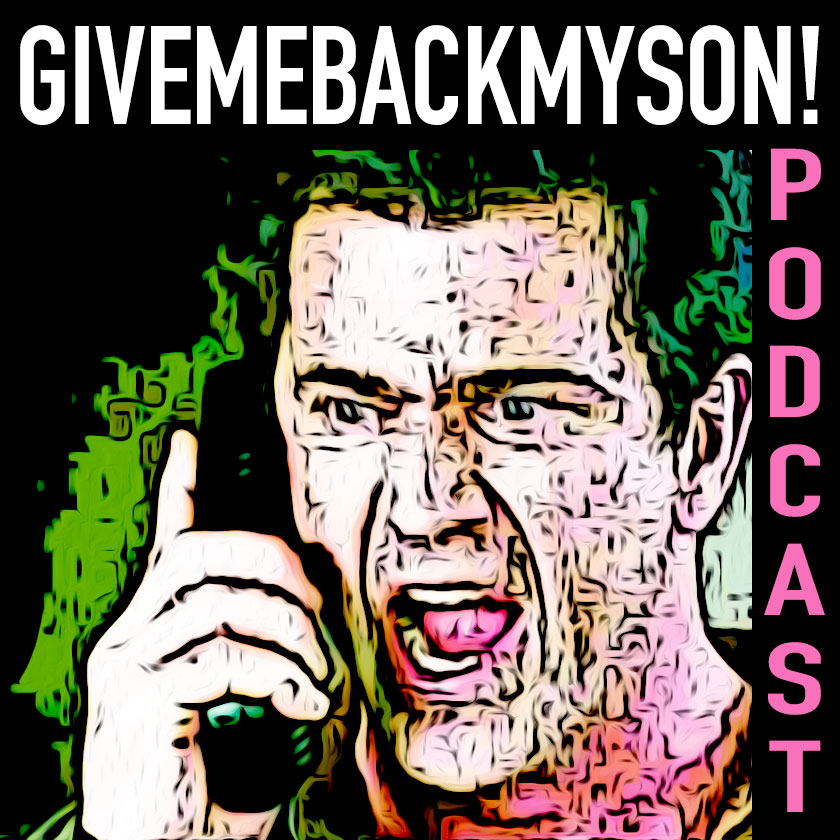World War Z was supposed to be released in 2012, but was pushed back to 2013. It’s known that Paramount was dissatisfied with the second hour of the film and that Damon Lindelof was brought in to clean it up prior to massive re-shoots. Nearly every movie requires re-shoots – but not half of a movie’s worth. You’d think that this “mulligan” would ensure that World War Z was truly a satisfying and strong movie – after all, how many bad movies get the opportunity to try again? – but it’s not. If the second half of the theatrical cut is this bland and boring, I can only imagine how bad the original ending was.
One of the weakest aspects of WWZ is the lack of characterization. There are literally three things that we know about our central character (played by Brad Pitt): he’s a father, he’s a husband and he’s a former U.N. investigator. That’s it. After the briefest of introductions, we’re thrown right into the action that’s shown in the trailer. Pitt and family are stuck in the middle of big city traffic when the zombie outbreak kicks off just a few blocks ahead of them. While this scene should cause your heart to race, it never does. Instead of actively engaging you by making you feel like you’re in the center of the action with the characters, it makes you feel like a safe onlooker. The danger throughout World War Z never translates to the audience – no matter how wide the scope of the action nor how dire the situation.
As Pitt and his family seek refuge, I realized that there are no decisions made by anyone in this movie. A good drama needs to have it’s characters make moral (or immoral) decisions. It’s the consequences of those decisions that gives gravity to their choices. We watch them succeed or we watch them fail – but here we simple watch. This lack causes the story to feel like a kid telling an “… and then …” story. The family gets off the road and then goes to a grocery store and then finds an apartment building to hide in and then gets on a chopper and then Pitt is forced to become the U.N.’s primary investigator for finding the source of the zombie outbreak and then it turns into a big budget version of Dustin Hoffman’s Outbreak. Suddenly, we go from watching an “every-man” character trying to survive with his family (a la War of the Worlds) to a coincidence-based heroic tale about some dude that we barely know and hardly care about trying to save the world (a la Independence Day).
There’s a certain point in the movie where it becomes obvious that you’re now watching re-shot footage. From the initial zombie outbreak scene, World War Z is a grand scale disaster flick, but after one of its biggest special effects sequences, the grandeur is downgraded into a confined, small space. Like a “bottle episode” of a television series, it’s painfully obvious that this was done to keep the budget of the re-shoots relatively low. What once was a huge thriller turns into a tiny low-budget bore. Every episode of The Walking Dead feels like it was shot with a bigger budget than the climax of World War Z.
If you’ve never been exposed to R-rated zombie shows (although The Walking Dead isn’t rated by the MPAA, it’s definitely R-worthy), then you might enjoy World War Z. If you don’t care for the gore that earns zombie movies the usual R-rating, then you might like World War Z. But if you’ve experienced great zombie movies, then you’re going to find that World War Z really isn’t anything special. Just another forgettable summer movie.
Photo credit: Paramount
‘World War Z’ is everything that you’d expect from a generic summer blockbuster – it’s loud, superficial and exciting. It’s a shame that it couldn’t be well-written and memorable too.










